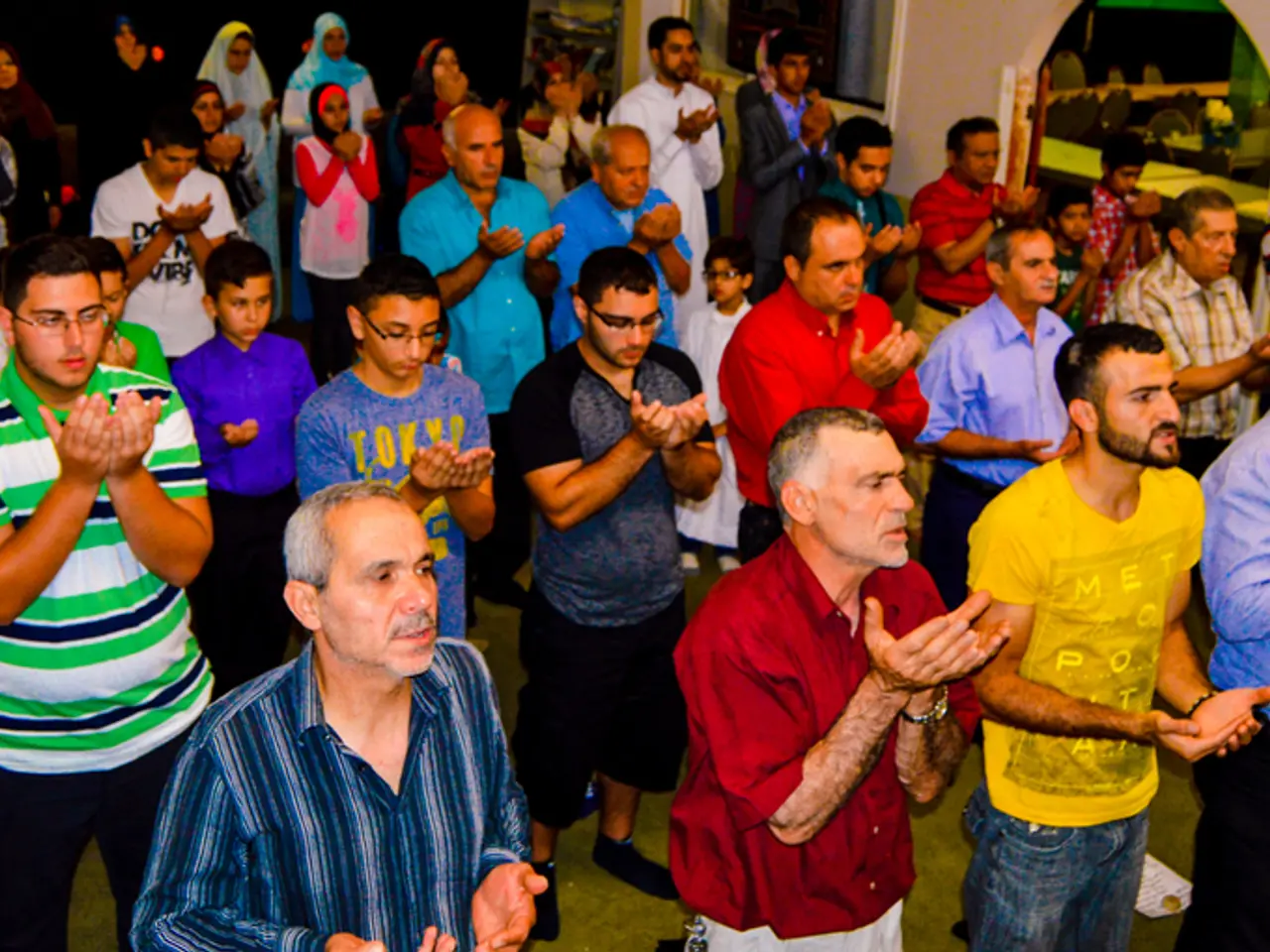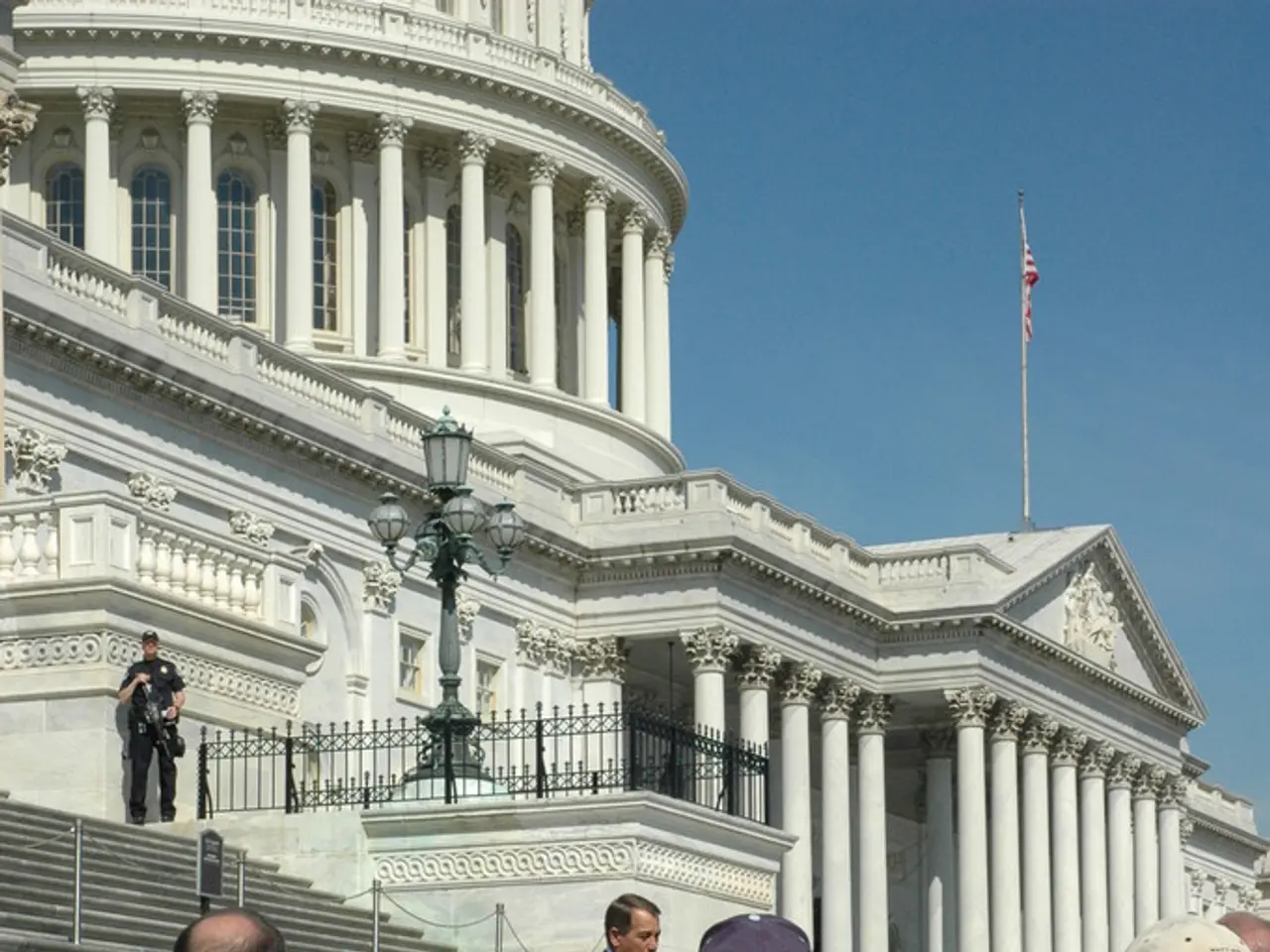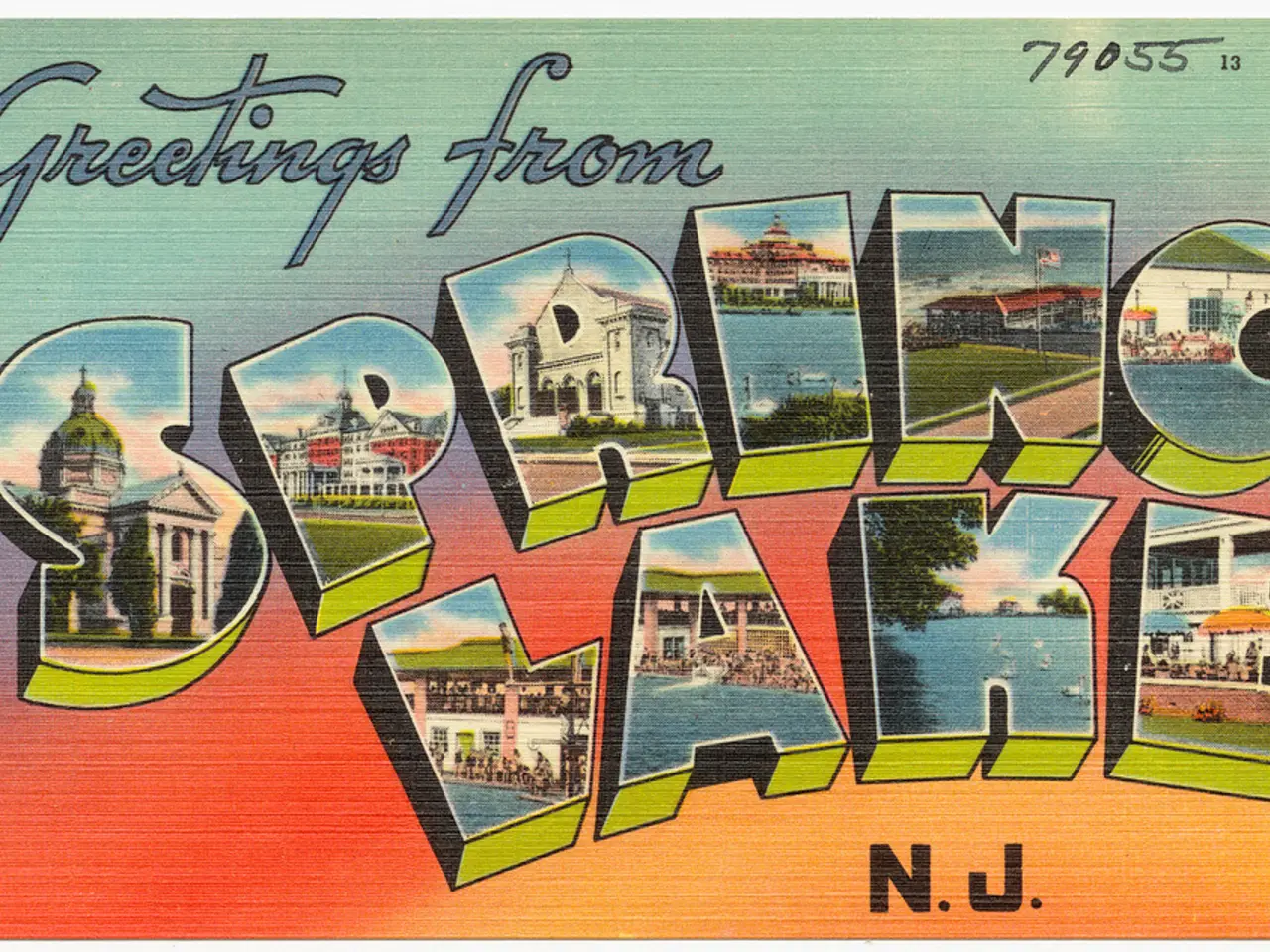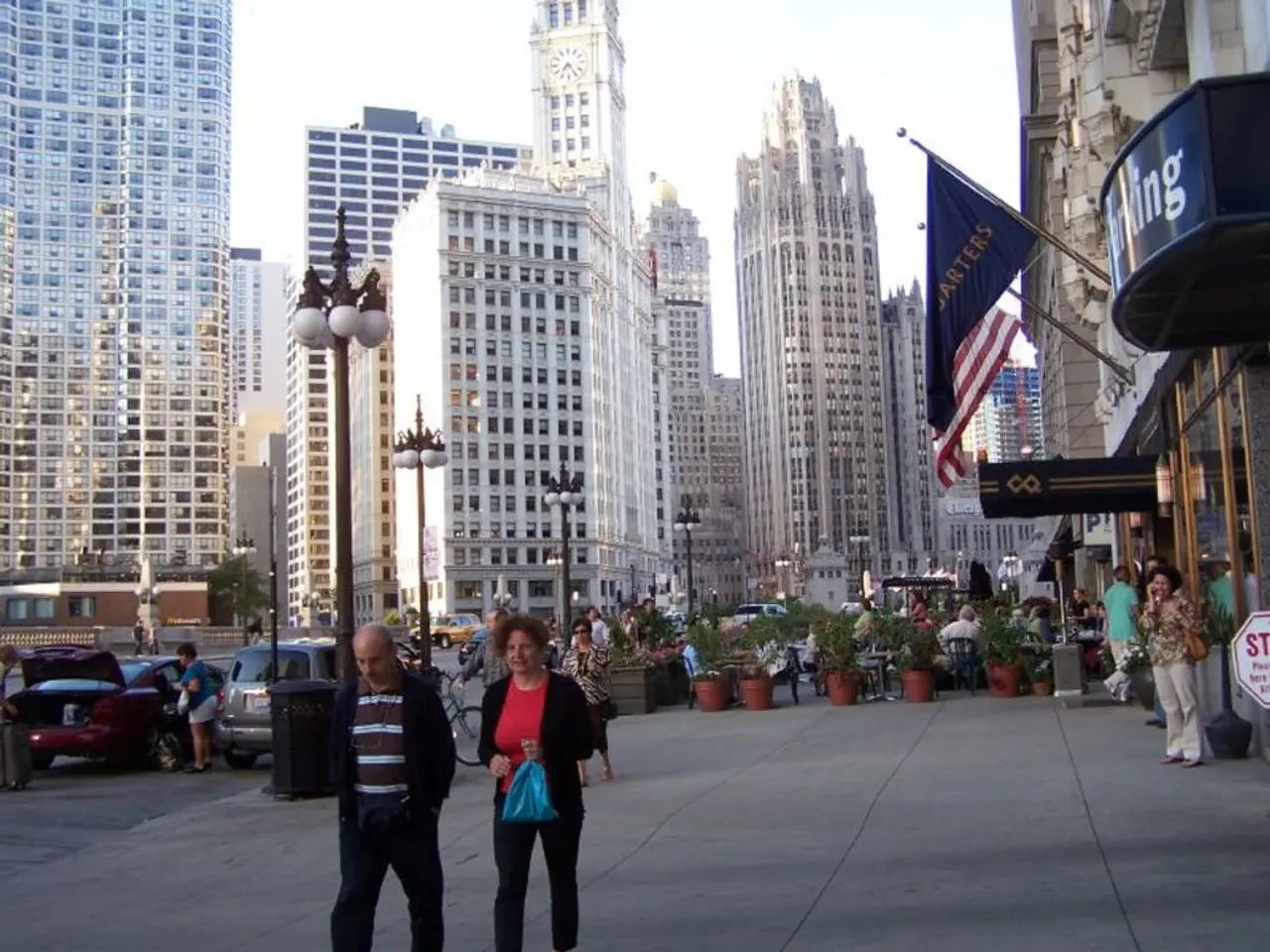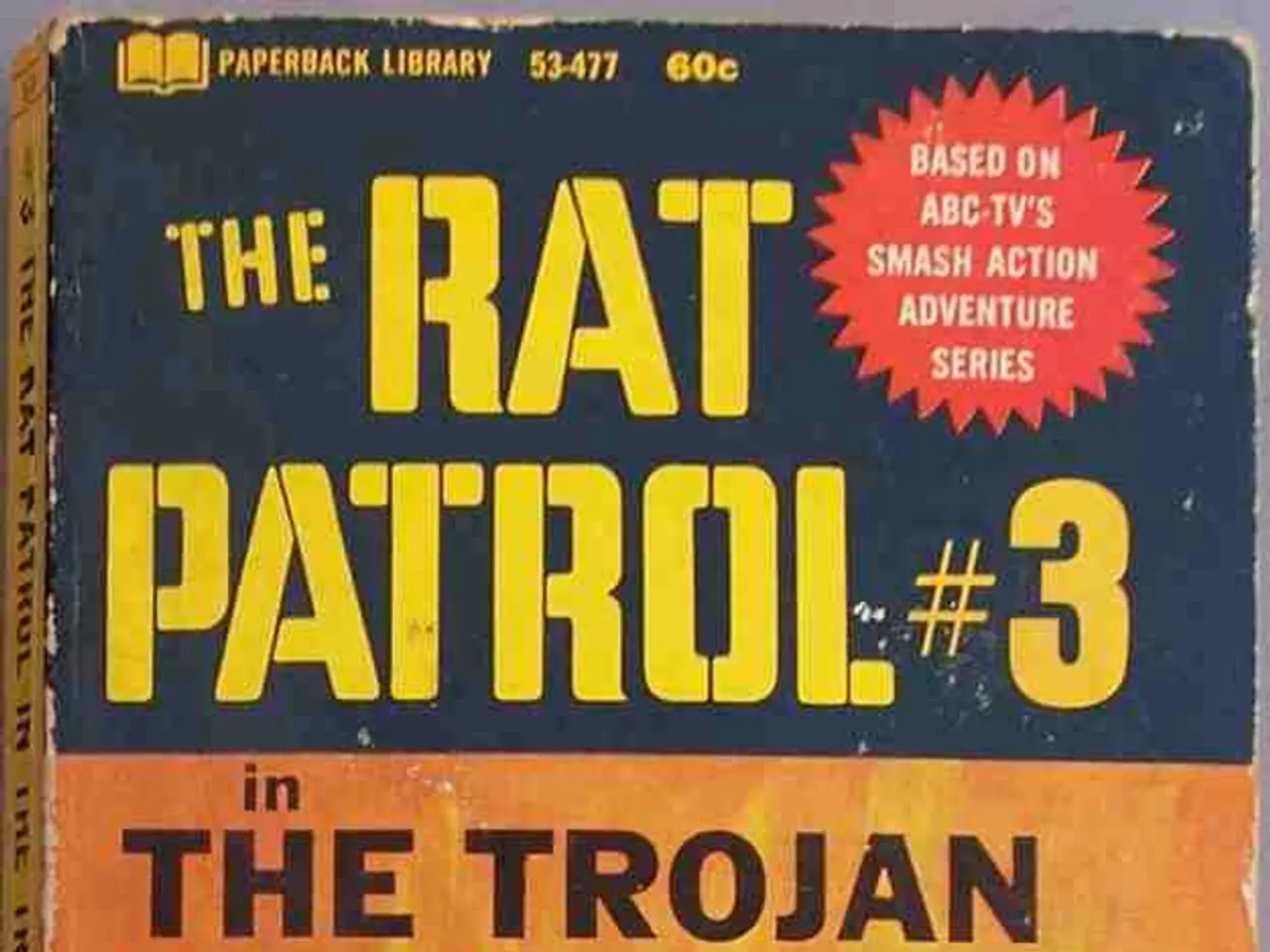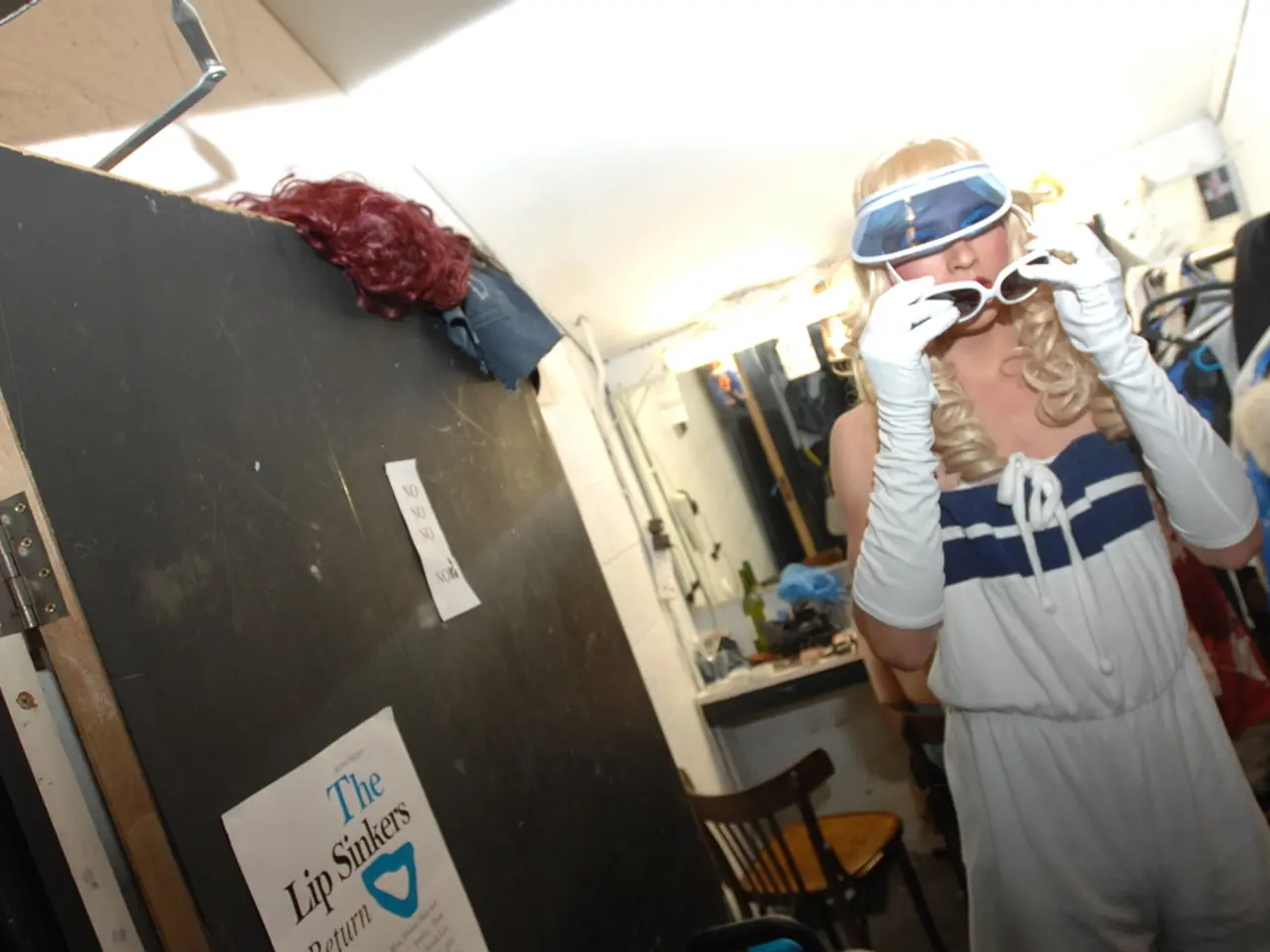Catholics in Germany Cast Votes for Merz, Protestants for Scholz, while Young Christians Offered Prayers for Both
In the recent German federal elections, the Alternative for Germany (AfD) made a significant leap, securing a 20.8% national vote share and becoming the main opposition party in the Bundestag [1][2]. The party's traditional support base has been rooted in several key demographic and regional groups, particularly in eastern Germany, rural areas, and among those concerned about immigration and economic issues [2].
However, when it comes to younger voters, the AfD's position is not as dominant as one might assume. Recent analyses and polling trends indicate that while the AfD has seen increased support among this age group, it does not receive the most votes from young people overall [4].
The CDU/CSU and the Greens, for instance, tend to attract the majority of younger voters, particularly those with higher education [4]. The AfD's increased support among younger voters is more prominent among less educated individuals and young men who feel economically left behind [4].
It's worth noting that Protestants and Catholics voted for the AfD in line with the rest of the population, with 18% and 18% respectively [3]. Among the youngest voters (18-24), the radical left won with 25%, followed by the AfD with 21% [3].
The AfD achieved its greatest success among young people in the 25-34 and 35-44 age groups, where one in four people voted for them [3]. This trend was evident in two youth prayer initiatives that took place over the weekend of the elections, with approximately 1,500 people gathering for a prayer event in front of the federal parliament in Berlin, organized by influencer Chris Schuller, and around 900 young people attending the Liebenzeller Mission in the southwest of Germany [3].
The organizers of the Liebenzeller Mission prayer event stated that the world is in crisis and participants prayed for various issues including teachers, broken families, peace, and the federal election [5]. The event was inspired by the biblical text from 2 Chronicles 7:14.
In contrast, the support of Christians for the radical left of Die Linke was well below average, with 5% among Catholics and 7% among Protestants, compared to 9% of the population as a whole [6]. The CDU candidate, Friedrich Merz, is likely to become the next chancellor of Germany, with 40% of Catholics voting for him, 10% more than the rest of the population [7]. Protestants voted for Merz in line with the rest of the population (29%), and supported the social democrat Scholz more than average (20% compared to 16%) [7].
In conclusion, the AfD's strongest core support comes from voters in eastern Germany, rural areas, and those concerned about immigration and economic insecurity [1][2]. Among younger voters, the AfD has seen increased support but does not currently receive the most votes from this group; higher-educated youth tend to favor other parties [4]. The rise of the AfD reflects wider dissatisfaction with traditional parties, especially on immigration, but its youth support is not dominant [2][4].
The AfD's increased support among younger voters is observed more among less educated individuals and young men who feel economically left behind, whereas the CDU/CSU and the Greens tend to attract the majority of younger voters, particularly those with higher education. In the 25-34 and 35-44 age groups, the AfD achieved its greatest success among young people, but the radical left wins the highest percentage of votes from the youngest voters (18-24) [3].
